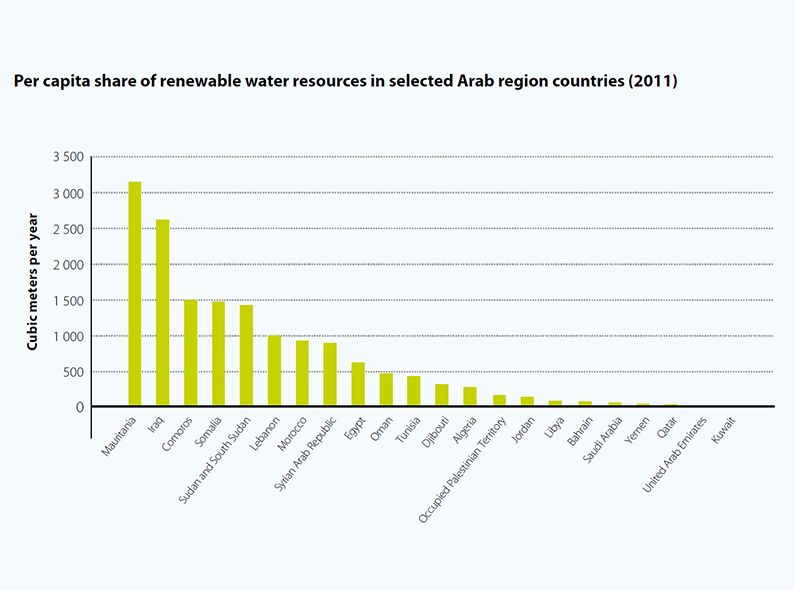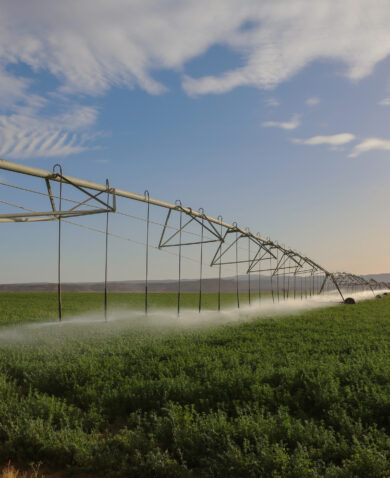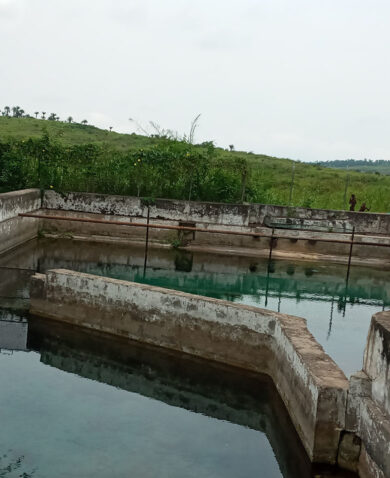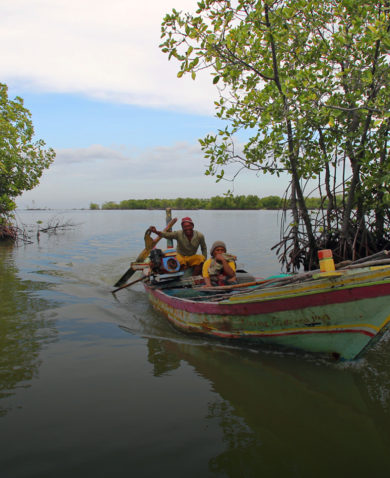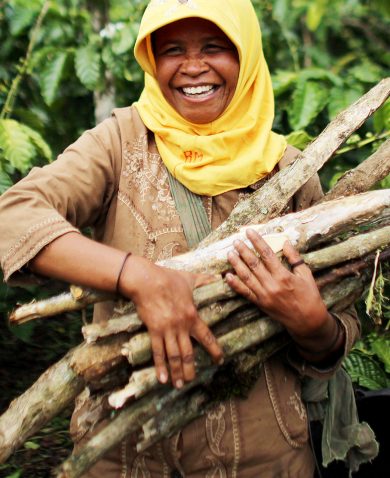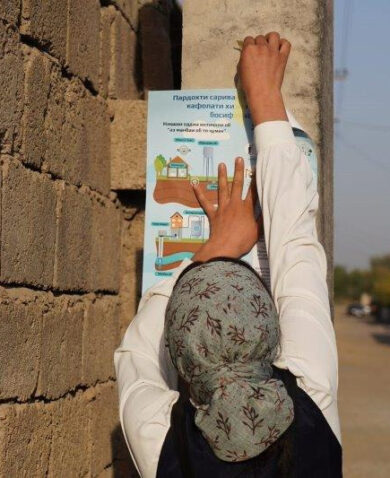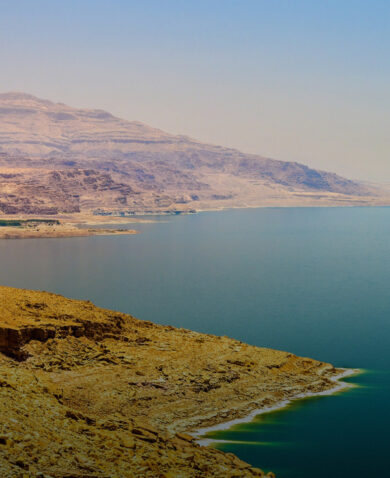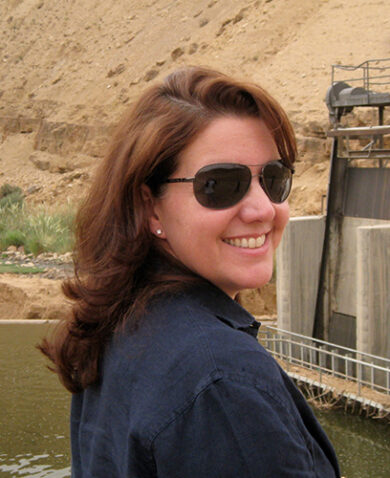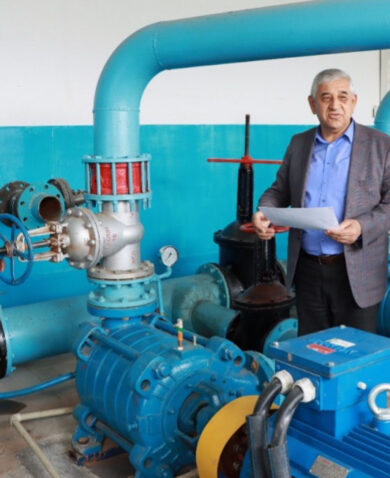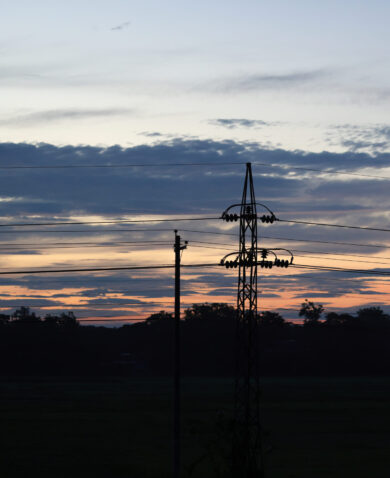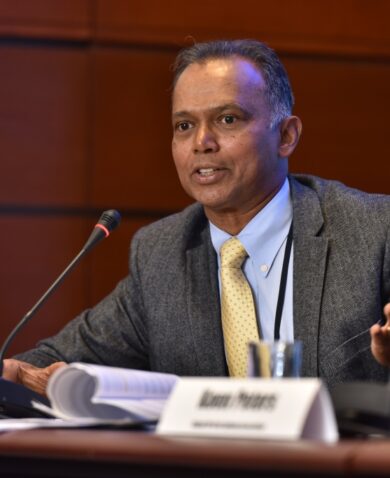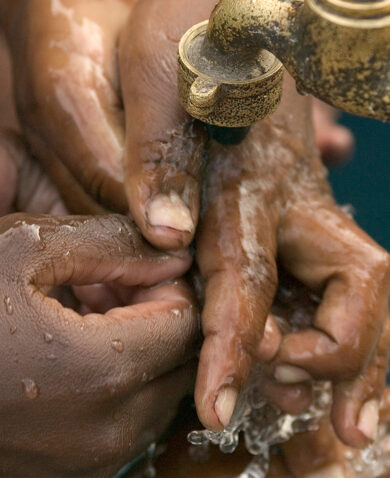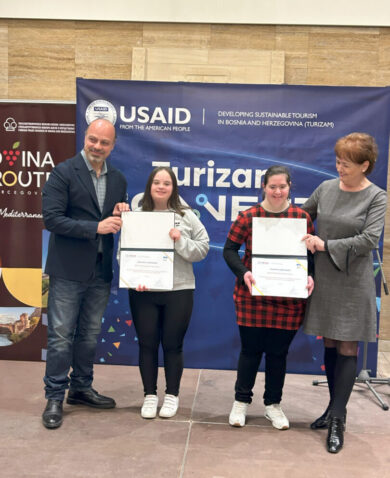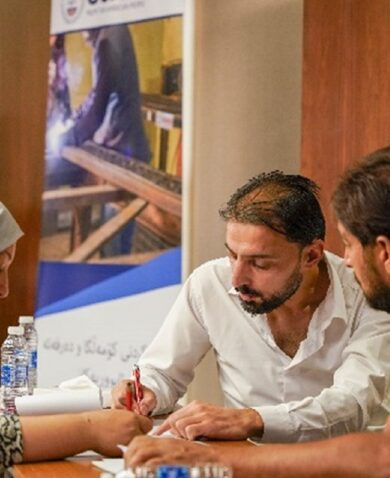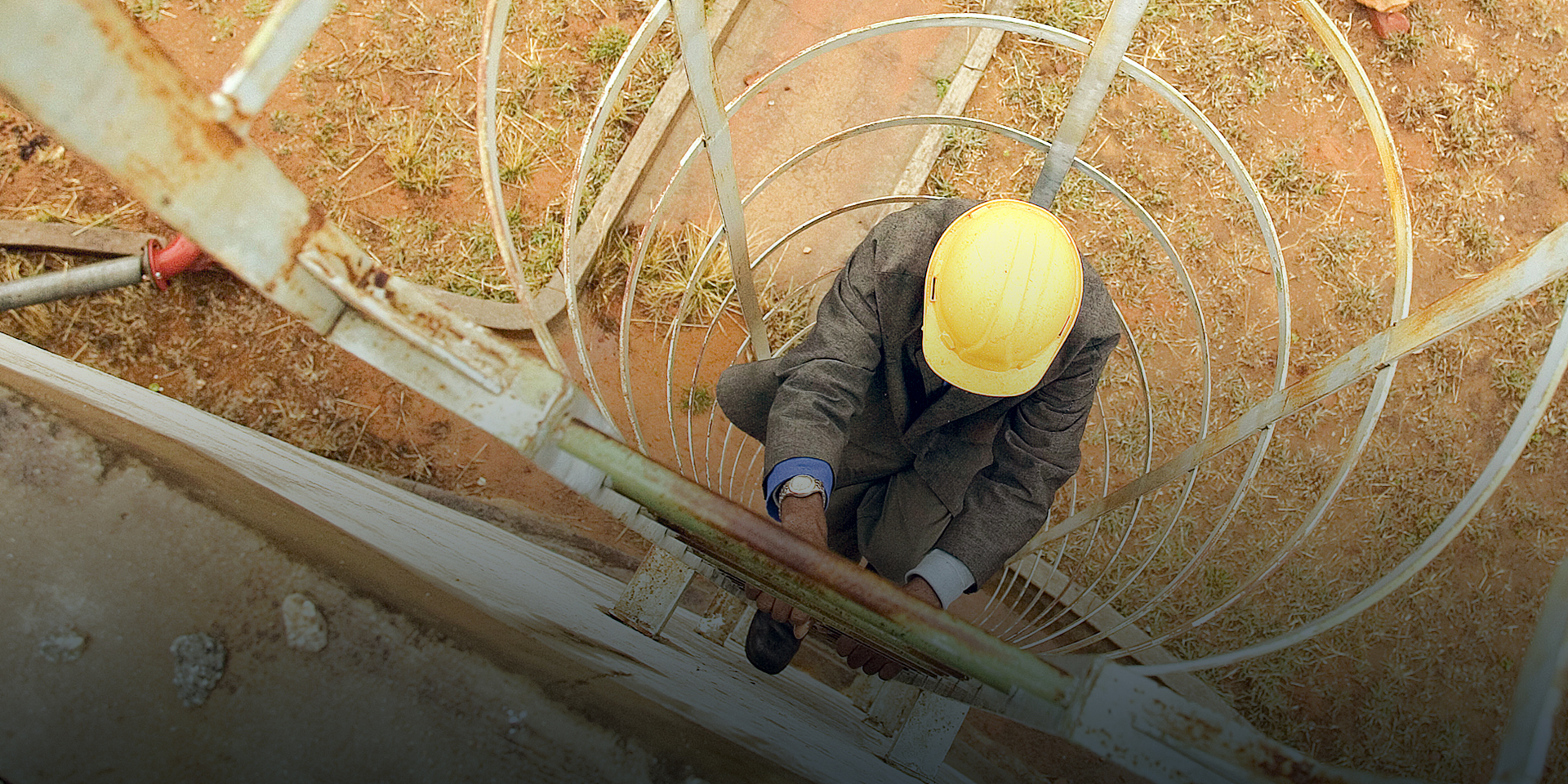
World Water Day: Closing the Skills Gap for Better Water, Better Jobs in Water-Scarce Countries
March 22, 2016 | 3 Minute ReadHoward Sokoloff discusses why standardizing water operator certification and training is an effective way to create better jobs and ensure safe water in developing countries.
Nearly all jobs are related to water. The UN emphasizes that sustainable development is contingent on adequate quality and quantity for public health and agricultural and economic development. Climate change strategies depend on the thousands of people who work in water to help transform societies by properly managing and operating utilities. While safe drinking water, sanitation, and wastewater management are crucial determinants for sustainable development, the UN has identified the need to align vocational training and education with current and future labor needs in the water sector. This can be achieved through targeted human resource policies and effective institutional frameworks to develop sector skills, knowledge, and experience in the labor force. In light of this, the UN has designated the theme of this year’s World Water Day to be “Better Water, Better Jobs.”
One approach to aligning education with labor needs in water is to standardize water operator certification and training. Standardization can help create career structures, de-stigmatize certain jobs, and promote gender-sensitive equal opportunities in water management. Beginning in the 1970s, U.S. federal and local authorities for water quality and environmental management began requiring water and sanitation service providers to employ qualified operators, creating in the process greater demand for operator training and certification programs accredited by state boards. Working with the Arab Countries Water Utilities Association, Chemonics has been enabling certification programs and accreditation systems throughout the Middle East and North Africa that are largely based on these U.S. models. To date, through a series of USAID-funded programs, we have introduced operator certification to the association’s 18 member countries and over 100 member utilities with pilot programs underway in Egypt, Jordan, Lebanon, Yemen, and the West Bank.
This work is important because, despite massive infrastructure investments, millions of citizens in the Middle East and North Africa lack adequate access to potable water. Wastewater management in some areas is markedly worse. Part of the problem is that the region has some of the lowest shares of renewable water resources in the world, as many of its once water-balanced countries are now running water deficits. Experts classify countries where per capita shares fall below 1,000 cubic meters annually as “water scarce” and countries where per capita shares are below 500 cubic meters annually as “extremely water scarce.” Approximately three-quarters of the region’s population reside in water scarce or extremely water scarce countries, as shown by the data below from the UN World Water Development Report:
The severe shortage of water in the Middle East and North Africa is compounded by the fact that water and sanitation systems are often poorly maintained, leading to high rates of water losses. Regional governments and local utilities agree that the benefits of multimillion-dollar infrastructure investments will be short-lived without proper operations and maintenance management by a capable and qualified workforce.
Through pilot courses, the Arab Countries Water Utilities Association introduced a program that requires operators to study a standardized curriculum and demonstrate job knowledge and skills by passing professional tests leading to legally recognized certification based on the Jordan institutional structure. The program includes multi-level operator certifications in water treatment and distribution, wastewater treatment and collection, and utility management. To date, more than 1,000 water professionals from six countries in the Middle East and North Africa have embarked on a transparent regulated career path and have earned their professional certification thus gaining them financial rewards and the respect of their peers, customers, and families.
With the emerging recognition of certified water operators, participating countries are presently taking steps to bolster the association’s pilot programs by pursuing their own independent accreditation and certification separate from the interim association framework. Technical educators are exploring the addition of water tracks as part of their vocational curricula, and local universities have expressed interest in enhanced cooperation with the water sector including internships.
By scaling up efforts like these to introduce successful operator certification and training that improves overall utility performance, professional skill and knowledge, and human resources practices, the global development community can spearhead measurable change in the critical link between water and jobs that the UN has chosen as the theme for World Water Day 2016.

